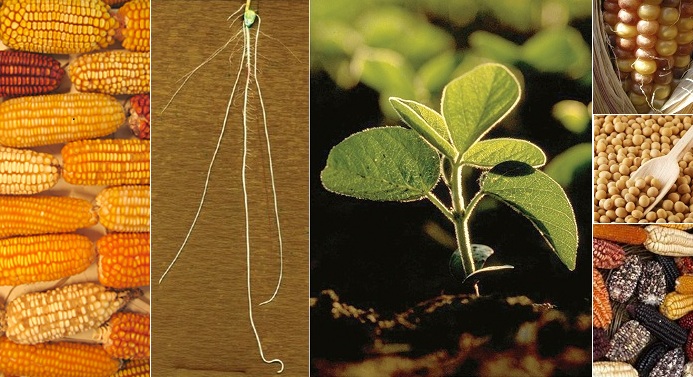Delegates from 21 countries across the African Continent have gathered in Nairobi Kenya for a forum on seed Policy.
The two day conference started on Thursday and is being organized by the African Development Bank.
It is part of an ongoing effort to harmonize regional policies on registration of new maize varieties and products to control Fall Armyworm.
Fall Armyworm, or Spodoptera frugiperda, is an insect that is native to tropical and subtropical regions of the Americas, now present in Africa.
In its larva stage, it can cause significant damage to crops, if not well managed.
The worm according to experts is a dangerous trans boundary pest with a high potential to continually spread due to its natural migratory capacity.
Experts believe without appropriate action, army worms could cause 21 to 53 percent of maize yield losses in 12 African countries within five years. The cost of that is estimated at between US$2.5 billion and US$6.1 billion.
Participants at the forum will also seek to identify challenges in the process of implementing harmonized seed policies within common markets for Eastern and Southern Africa and how to eliminate those challenges.
This is expected to pave way for the release and deployment of seeds in areas with similar agro ecological conditions.
Organisations attending Thursday’s forum include participants from regional and sub-regional organizations, Market Matters Inc. (MMI), The African Seed Access Index (TASAI), African Agricultural Technology Foundation (AATF), West and Central African Council for Agricultural Research and Development (CORAF) and its counterparts in East, Southern and North Africa.
Source: Africafeeds.com



